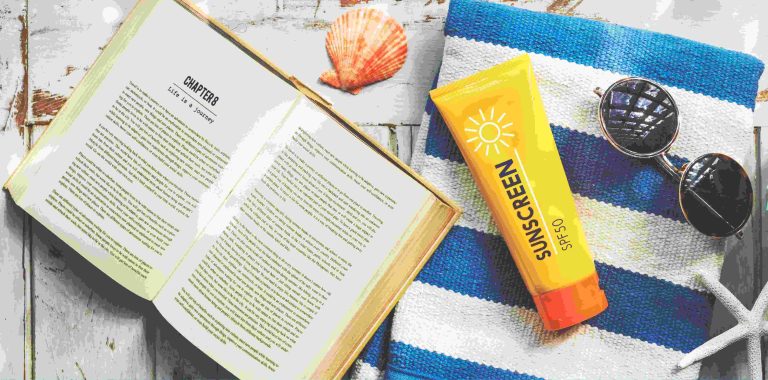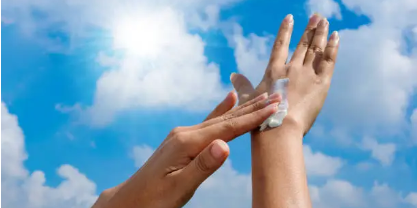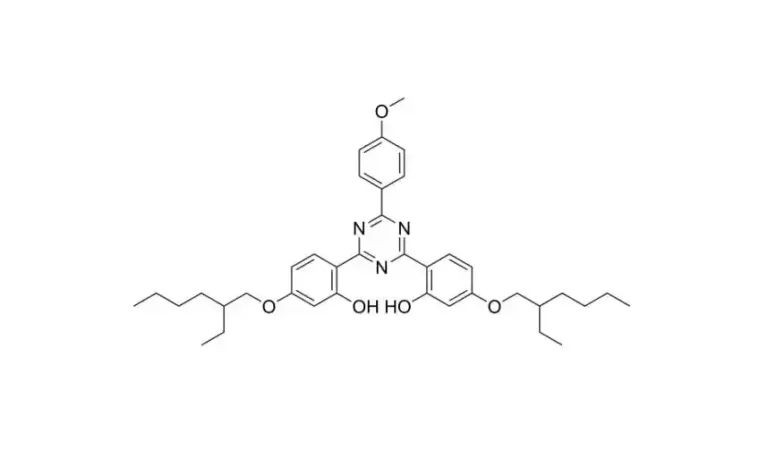Focusar na qualidade e novas ideias A dedicação do BFP a mostras de qualidade em sua cuidadosa criação de produtos. Produtos como provar isso. Eles usam revestimentos de sílica para fazer o dióxido de titânio funcionar melhor em produtos baseados em água. Isso melhora como funciona e se encaixa com bases diferentes. A segurança e a amizade ecológica s ão chaves para os objetivos do BFP. Isto impede polvo de flutuar e dá grande proteção solar.
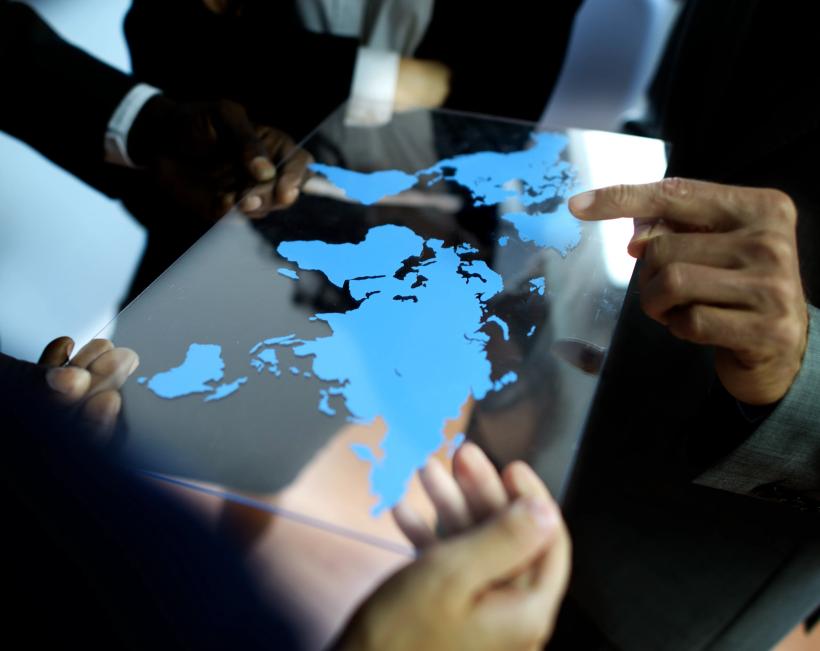
oferece desempenho constante e deixa a pele respirar. Esses traços fazem com que o BFP seja uma escolha confiável para aqueles que buscam novos ingredientes de protecção solar confiáveis.
Os pós de proteção solar do dióxido de titânio da BFP oferecem vantagens não concordantes para uso diário. Eles dão plena proteção UV, tornando-as vitais para as rotinas de hoje em dia. A natureza segura do dióxido de titânio se adapta a todos os tipos de pele. Ela fornece um olhar suave e aumenta a beleza da pele. A ampla gama de produtos do BFP atende a muitas necessidades, desde a repelação de água até fórmulas amigáveis da água. Seus revestimentos avançados asseguram segurança e forte desempenho. Eles se preocupam com o ambiente. Que façam protetores solares ou objetos antienvelhecimento, o BFP fornece ingredientes de alto nível apoiados por profundos conhecimentos.
Q1: O dióxido de titânio em pó de protecção solar pode oferecer protecção de espectro largo?
- Proteção solar completaComo colocar o ecrã solar em um bebé Wiggly
- Fica forteSim, pós de proteção solar do dióxido de titânio funcionam bem para proteção de espectro largo. Eles soagam, saltam e espalham raios UVB. Eles também gerem luz UVA. Produtos como
- Gentilmente na pelesão projetados para isso. Elas ficam claras sob luz visível.
- Q2: O dióxido de titânio em pó de proteção solar é seguro para crianças e mulheres grávidas?Dióxido de titânio é seguro para crianças e gestantes quando usados corretamente. Sua natureza inativa impede que se afunda profundamente na pele. Ela evita irritação. Produtos como
focar na segurança. Eles não são tóxicos e estáveis.
Q3: Como o pó de titânio de dióxido solar deveria ser aplicado diariamente?
Para o melhor efeito, espalhar o pó de proteção solar de dióxido de titânio em pó uniformemente na pele exposta. Faça isso 15 minutos antes de sair ao sol. Reaplicar a cada duas horas. Reapply after swimming or heavy sweating. Produtos comotêm um sentimento suave. Eles são fáceis de aplicar. Eles dão uma olhada brilhante à pele.
Descobre os benefícios do pó de proteção solar do dióxido de titânio para proteção diária da UV. Seguro para todos os tipos de pele, os produtos ecológicos do BFP oferecem uma defesa de amplo espectro, fórmulas não irritantes e uma finalidade suave e radiante. Aprender por que o BFP é sua escolha confiável para corte de pele de qualidade.
Polvo de protecção solar de dióxido de titânio: fatos chave para uso diário - BFP
2025-06-19 – BFP
Industry News & Insights about organic UV filters, Titanium dioxide & Zinc oxide for suncare and cosmetics - Страница 6
Industry News & Insights about organic UV filters, Titanium dioxide & Zinc oxide for suncare and cosmetics - Trang 6
Industry News & Insights about organic UV filters, Titanium dioxide & Zinc oxide for suncare and cosmetics - Page 6
Compartilha de Conhecimentos da Indústria – Página 4 – BFP
| Compartilha de Conhecimentos da Indústria – Страница 4 – BFP | Compartilha de Conhecimentos da Indústria – Página 4 – BFP | Industry News & Insights about organic UV filters, Titanium dioxide & Zinc oxide for suncare and cosmetics - ページ 6 | Industry News & Insights about organic UV filters, Titanium dioxide & Zinc oxide for suncare and cosmetics - Página 6 |
| As evidências científicas confirmam que o Bemotrizinol é seguro para uso em filtros solares, pois é um absorvedor UV eficaz com altas classificações de SPF e não exibe efeitos hormonais, ao contrário de outros componentes do filtro solar. | Industry News & Insights about organic UV filters, Titanium dioxide & Zinc oxide for suncare and cosmetics - Page 6 | Industry News & Insights about organic UV filters, Titanium dioxide & Zinc oxide for suncare and cosmetics - الصفحة 6 | 10% |
| Industry News & Insights about organic UV filters, Titanium dioxide & Zinc oxide for suncare and cosmetics - Pagina 6 | A eficácia e a estabilidade excepcionais do Bemotrizinol a distinguem de outros componentes do filtro solar, pois oferece proteção estendida para a pele em comparação com os ingredientes que quebram com o tempo. | Industry News & Insights about organic UV filters, Titanium dioxide & Zinc oxide for suncare and cosmetics - 페이지 6 | 2025-06-20 – BFP |
| 2025-06-17 – BFP | «The Future of Sunscreen: Why Brands Are Choosing Titanium Dioxide[UNK]» — BFP | Descobre os incríveis benefícios do pó solar de dióxido de titânio para proteção diária contra radiação UV! Este mineral amigável da terra fornece uma forte defesa contra radiação nociva. Ela é suave o suficiente para todos os tipos de pele. Aprender como funciona, seus benefícios e por que BFP’ os produtos s ão perfeitos para sua rotina cutânea em nosso guia. O que é Dióxido de Titânio […] | 10% |
Ficar na praia ou piscina no verão é super divertido, mas manter sua pele segura dos raios nocivos do sol é um grande problema, especialmente quando você está nadando. O dióxido de titânio protege o sol. Mas ele aguenta um dia de verão brilhante? Este guia […]
BFP Z40s Oxide de zinco em pó Manter a pele delicada do seu bebê segura do sol é muito importante. Não todos os protetores solares estão bem para pequenos. Os médicos que cuidam das crianças muitas vezes dizem que proteção solar de dióxido de titânio é uma ótima escolha para bebês e crianças. Com toneladas de escolhas lá fora, encontrar a melhor pode parecer difícil. Este guia mostrará […]
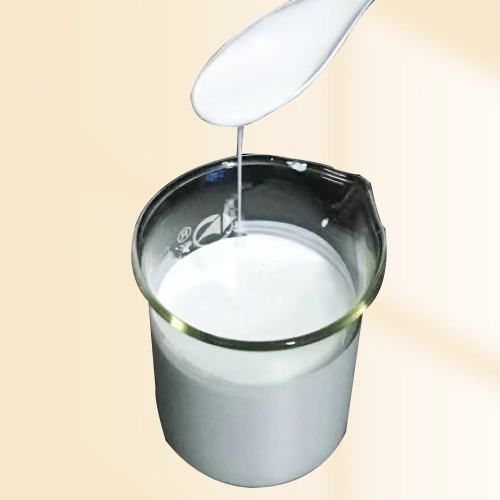
Fri, 20 Jun 2025 06:29:21 0000
O BFP torna o Bisoctrizole (BFP-SP-M) super puro, a 98,5% ou melhor, para cumprir as regras europeias de SCCS para filtros UV conformes à UE. Seus laboratórios testam quão forte fica na luz solar, o tamanho de partículas minúsculas, e se tem algo ruim. Isso impede os problemas de regra de materiais ruins.
Muito trabalho de papel
Fri, 20 Jun 2025 03:50:22 0000
Ajuda com receitas
A equipe do BFP ajuda marcas a fazer protetores solares que seguem regras mas ainda se sentem bons a usar. Por exemplo, Bisoctrizole funciona bem com outros filtros UV, como octinoxato, para produzir produtos estáveis que satisfaçam as necessidades da UE e da ASEAN.
Observar as mudanças das regras
As regras continuam a mudar, como o plano da UE para substâncias químicas mais seguras. O PFP fica acima dessas mudanças. Eles asseguram que Bisoctrizole fica bem para usar, para que as marcas não enfrentam surpresas.
Mio, 19 de Junho de 2025 03:50:43 0000
BFP Z40s Oxide de zinco em pólocalizado em Xangai, é um grande nome em ingredientes de proteção solar. Fazem dióxido de titânio de alta qualidade e filtros UV como bisoctrizol. Com anos de experiência, o BFP usa novas tecnologias e controles estritos para criar produtos seguros e ecológicos para marcas globais de pele. Seus focos em novas ideias e práticas verdes fazem delas um grande parceiro para marcas que querem filtros UV conformes à UE. Descobre mais em https://www.shbfpl.com/about-us/.
Por que escolher o bisoctrizole do BFP para vendas globais
Escolhar o BFP para filtros UV conformes à UE e apoio regulamentar BFP-SP-M proporciona grandes vitórias às marcas:
- Mar, 17 Jun 2025 03:50:26 0000: O trabalho do BFP com as regras da UE e da ASEAN torna a venda fácil.
- Produtos flexíveis: O bisoctrizol trabalha em protetores solares, cremas e mais, para que as marcas possam fazer muitos produtos.
- Clientes Feliz: Bisoctrizol mal entra na pele (0,01-0,06% em testes), então é seguro e os clientes gostam.
- Pronto para o futuro: O know-how da BFP ajuda as marcas a se prepararem para Bisoctrizole aprovado pela FDA
FAQ sobre Bisoctrizole e regras globais
Por que Bisoctrizole está bem na UE mas não pela FDA?
A bisoctrizola é permitida na UE porque passou por testes de segurança e trabalho nos termos do Regulamento (CE) n.o 1223/2009. A FDA precisa de mais testes para proteções solares, o que Bisoctrizole ainda não fez. Mas está bem para os cosméticos dos EUA.
Como Bisoctrizole mantém os usuários seguros?
Bisoctrizol mal entra na pele (0,01-0,06% em testes) e não agi como hormônios em testes de laboratório. Isso o torna seguro para a pele. Sua forte proteção da luz solar continua trabalhando sem quebrar.
O Bisoctrizole funciona com as regras da ASEAN?
Sim. O bisoctrizol é permitido em países da ASEAN até 10%, como na UE. Alguns lugares podem precisar de rótulos ou testes adicionais.
Por que marcas como Bisoctrizole para vendas globais?
Bisoctrizol bloqueia raios UVA e UVB, permanece forte na luz solar, e trabalha com outros filtros. Isso faz isso ótimo para fazer protetores solares que seguem regras e se sentem bem a usar.
Começa seu jornal global de ecrã solar
Não deixe regras complicadas impedir a sua marca de proteção solar de se tornar global. O apoio regulamentar do BFP Bisoctrizole (BFP-SP-M) e BFP-SP-M (BFP-SP-M) facilitam o cumprimento de padrões de filtros UV conformes à UE, regras da ASEAN e se preparam para futuras hipóteses de Bisoctrizole aprovadas pela FDA. Seus controles de qualidade, papelada e conhecimento simplificam regras, para que você possa focar em cultivar sua marca. Reaccione ao BFP https://www.shbfpl.com/ para ver como eles podem ajudar você a ter sucesso. Sua aventura global de protecção solar começa agora.
Você poderia gostar:
Private Label Sunscreen? - Começa com o bisoctrizole do BFP (Guide OEM/ODM)

